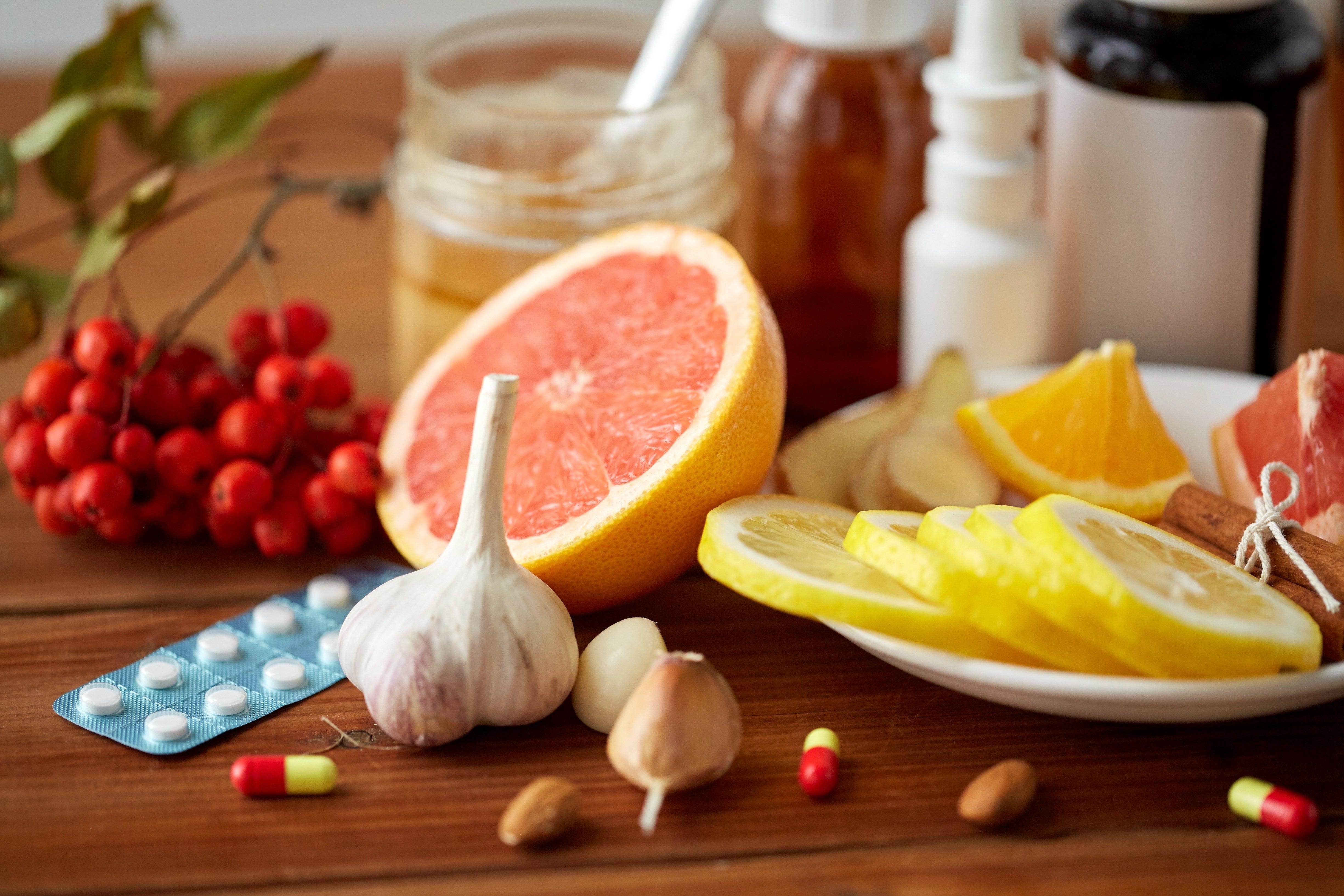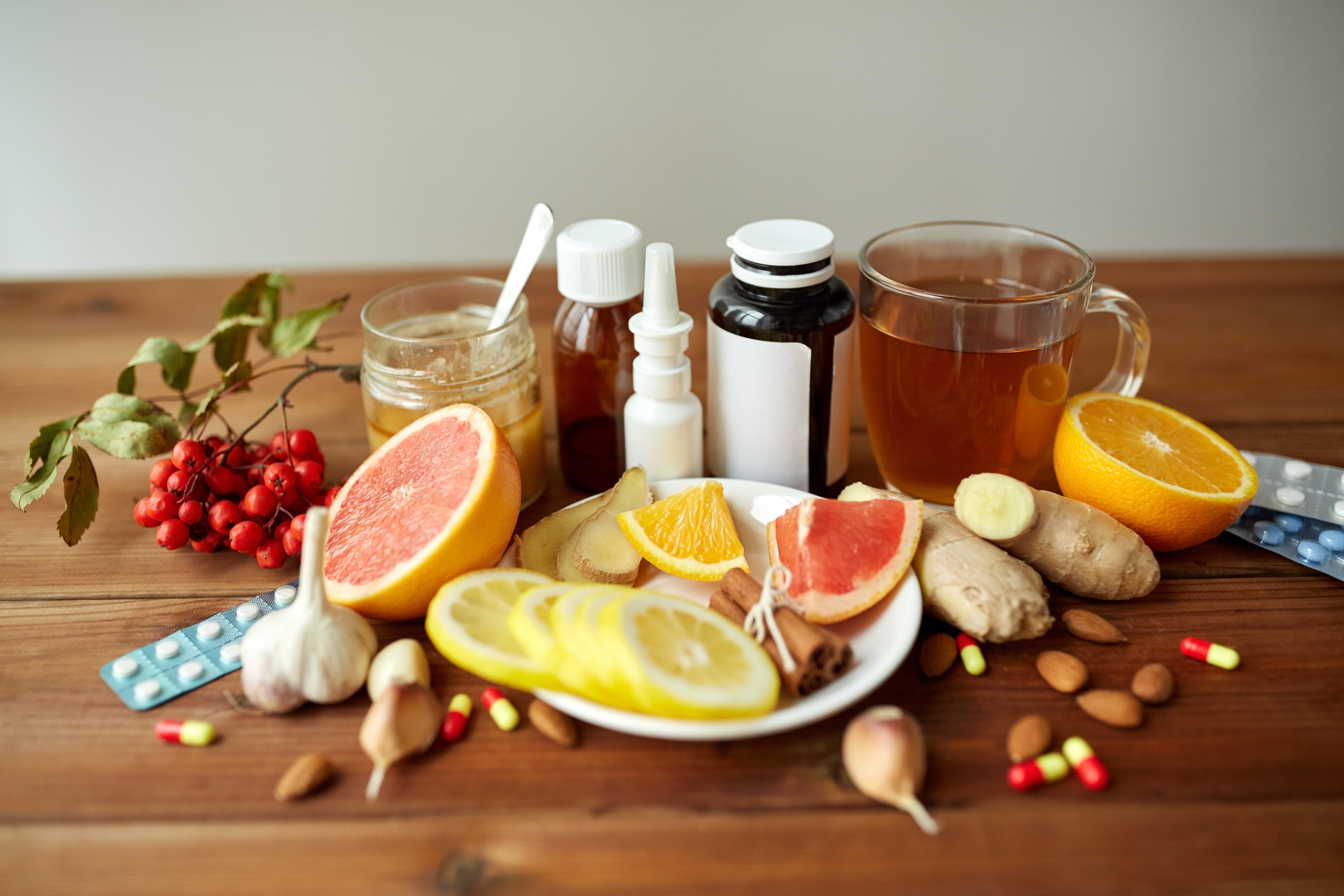What Supplements Should a Vegetarian Take?



Vegan nutritionists like Nicole Neufingerl (Unilever Foods Innovation Centre, The Netherlands) have highlighted this issue and recommended using supplements while sustaining solely on a vegan diet.
The decision to take supplements must be taken in collaboration with health and diet professionals, and it is recommended to consult with a dietitian to discuss nutritional deficiencies and requirements.
The following list of common deficiencies is provided for guidance.
Iron is present in both animal and plant-based foods. However, people on vegan diets occasionally experience iron deficiency. Why? The iron from animal sources is the 'heme' iron, which the human body is better able to absorb than the "non-heme" iron from animal sources, which is poorly absorbed.
Consequently, a vegan must take 1.8 times more iron than a meat eater to achieve the desired serum iron levels of 50-120 mcg/dL for children, 50-170 mcg/dL for women and 70 to 175 mcg/dL for men. Some nutritionists like S.R. Lynch have offered an alternative way to improve non-heme absorption by adding a source of vitamin C (like citrus or lemon).
Improper balance of amino acids and proteins is the most significant cause of failure in a vegan journey, and nutritionists recommend using a plant-based protein powder. A scoop of plant-based protein powder added to a dessert or a smoothie is enough to ensure adequate protein requirements.
It is necessary, provided plant-based foods, except legumes, nuts, seeds, soy products and pulses, have less protein than animal-based products. A vegan should consume 0.9-1g of protein per kg of body weight compared to 0.8g per Kg body weight for non-vegans.
Vitamin B12 deficiency is a significant issue identified in many vegans as most vitamin B12 sources in the human diet are animal-based. This vitamin is responsible for many viral functions, like maintaining the central nervous system and producing red blood cells; its deficiency is harmful.
Supplementation becomes even more necessary for people over 50 as the stomach doesn't have enough hydrochloric acid, and its ability to absorb the vitamins from food is even reduced. The recommended daily intake of vitamin B12 is 2.4 mcg.
Omega 3 fatty acids are obtained from seafood, and a person avoiding seafood will likely experience its deficiency. The supplements containing EPA/ DHA Omega 3s are recommended compared to the plant-based ALA omega 3s as these omega 3s are better absorbed and vital for brain and heart health.
Since 60% of brain tissues are fat, keeping the brain supplied with EPA and DHA is critical. The vegans should take 250-500 mg of both EPA/ DHA daily combined. People strongly abhorrent to animal-based products must use algae-based supplements as they are rich in EPA and DHA.
Magnesium is responsible for multiple bodily functions, e.g., sleep, mood and muscle health. A person on a vegetable diet should take it to maintain enough levels. It is present in many non-meat sources, e.g., nuts and seeds, leafy greens, whole grains, fruits, tofu and dark chocolate.
Pregnant women, the elderly and people with specific diseases need supplements containing at least 250-300 mg daily.

Selenium is a trace mineral found in dairy products, eggs, muscles and organ meat. It is an antioxidant and is needed for DNA synthesis and immune functions. Due to its deficiency in plant-based foods, vegans must take at least 55-70 micrograms daily.
Vitamin D is found in animal foods like beef liver and fish and is necessary for several vital functions like muscle, bone, and immune health. An adult must take 600 IU (15mg) of vitamin D daily. It is present in many plant foods, but people with deficiency symptoms, pregnant and breastfeeding women and older adults need supplementation.
Vitamin K is necessary for blood clotting. It is of two types, K1 and K2. K1 is of plant origin, and K2 is of animal origin, and its deficiency is reported in vegans. Given that it is necessary for heart, bones and blood homeostasis health, vegans must consult about its supplementation. The fermented foods are rich in vitamin K2, and vegans are advised to consume fermented foods. The daily requirement of vitamin K2 is highly variable, between 5 to 600 micrograms per day.
Zinc is responsible for multiple functions and serves as a coenzyme for over 300 critical enzymes in the body. Its primary sources are milk, oysters, poultry, and meat; vegans are more likely to become deficient. Given that it is necessary for immune health, bone health and protein synthesis, vegans must consider supplementation to achieve serum levels of ≥80 µg/dL.
There are many plant-based sources of proteins a vegan can rely upon, e.g., pulses, nuts, seeds, beans and tofu.
Various products are available in the market for vegans. Some good examples to choose from are Ritual Men’s/ Women’s Multivitamin, Future Kind Vegan B12 Gummies, Legion Biome, Transparent Labs Organic Vegan Rice & Pea Protein and Future Kind Complete Vegan Multi.
The Hashmat A-Z Multivitamin is a blend of 33 bioactive ingredients suitable for both men and women. To buy from the Welzo store, click here.
The symptoms depend upon the missing vitamins and minerals. The most common symptoms are headaches, body temperature fluctuations, pale skin, dizziness and fatigue.
Many plant-based foods are packed with enough proteins to avoid protein deficiency. Some noteworthy examples are tempeh, tofu, jackfruit, seitan, mushrooms, beans and chickpeas.
There is no single food that promises all nutrients. It is necessary to eat a variety of foods to avoid nutritional deficiencies.

Vegan diets are used and propagated for various medical, cultural and personal reasons. The improper formulation of vegan diets causes the risk of dietary deficiencies, particularly vitamin B12, iron, calcium and vitamin D. The vegans experiencing the signs must consult the dieticians for a good supplement.
Welzo offers various multivitamin products that are suitable for vegans and non-vegans. Click here to know more.
Plus get the inside scoop on our latest content and updates in our monthly newsletter.